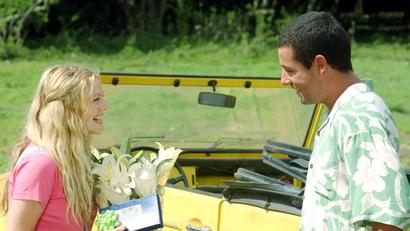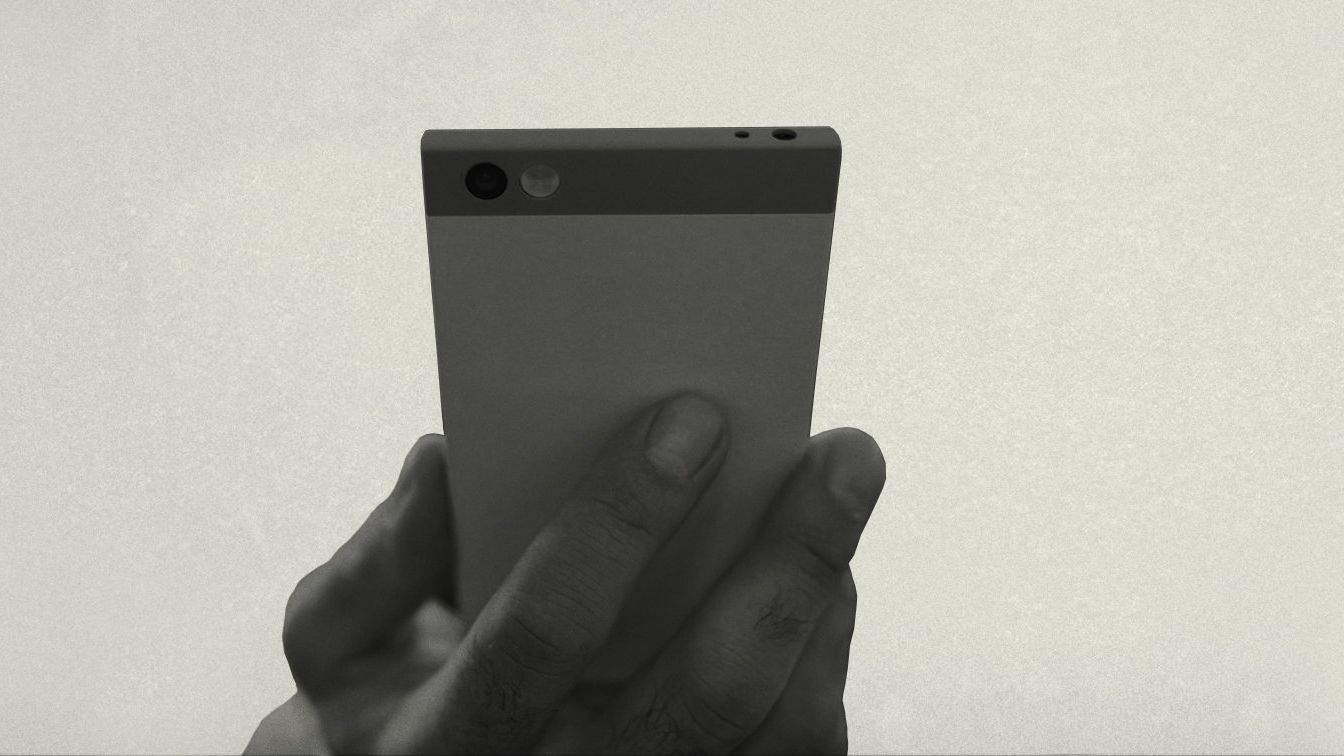

These six small changes will make you more productive
From eliminating tiny decisions to turning off your social media notifications, these are our work-from-home life hacks
Words: Jonathan Wells
If there’s one thing we’re struggling with while working from home, it’s the distractions. Has a television remote ever looked so appealing and pressable? Have you ever used quite so many grooming products during your morning shower? Why hello, mango body butter. And in what previous world would you have enjoyed a full plate of Hunter’s Chicken for lunch? This truly is a brave new world. But a brave new world needs strict new rules — and we’re here to lay them down.
Grace Marshall is an efficiency expert at Think Productive time management training and author of How to be Really Productive. Happily, she’s also on hand to whip us all into shape. So prepare to cut out all distractions, streamline your working week and learn six small changes that will make some really big differences.
Try turning off your notifications
When you’re working from home, all of your important notifications should be right in front of you on your laptop or computer screen. If you phone pings or dings and nothing pops up on your computer screen, it’s likely just Deliveroo trying to tempt you away from your spreadsheets, or a harvest disaster on your Farmville farm. (Whatever did happen to Farmville?)
“It takes an average of 15 minutes to recover from a one minute interruption,” explains Marshall. “How many times does your phone buzz or your email pop-up, or that little red flag catch your eye? Turn off all unnecessary notifications – especially social media. Then you can start paying attention to those things when you choose to. You’ll be amazed at how much more focus that gives you.”
Make use of that one walk a day
The number of people we know actually forgoing their one walk a day is staggering. There’s no excuse not to get your daily dose of fresh air at the moment. Marshall suggests minimising your spent time in front of a screen by taking and making calls on the move. And, if anything lets us stay outside for longer during this madness, we’re all for it.
“Phone calls, teleconferences and 1-1 catch ups – if you don’t actually need to be at a screen, why not walk and talk instead?” Marshall asks. “Exercising releases endorphins, makes us happier and keeps our bodies active and healthy – and it also gets our brains working better. Brain activity increases after a 20 minute walk, and the change of scenery can also help us think more creatively.”
Always, always, always stay hydrated
You should always keep a bottle of water close to hand — even in the office. But now, with this pernicious pandemic sweeping around the world, staying hydrated and healthy is more important than ever. So take a break every hour and glug down a glass of water to keep your brain ticking over. And no, Marshall warns, coffee doesn’t count…
“The human brain is made up of 75% water,” the expert explains, “and even mild dehydration can affect our mental performance — not to mention our mood and physical energy. So, if you’re feeling sluggish or foggy, it might not be coffee you need, but water.”
Charge your phone downstairs at night
Just because you’re working from home now, it doesn’t mean that your evening schedule should be changing dramatically. We all learned to kick our smartphone addictions when we realised how negatively these black mirrors and blue lights were affecting our sleep. So just because you’re home all day, that shouldn’t be an excuse to glue yourself back to your phone 24/7.
“Facebook stealing your sleep?” asks Marshall. “The chances are that you have your phone on charge next to your bed. Studies suggest that even the mere presence of a smartphone can reduce cognitive capacity – not to mention that blue light affecting your sleep. Do yourself a favour and remove the temptation. Put your phone on charge away from the bedroom, and get yourself an old-fashioned alarm clock instead.”
Eliminate any tiny decisions
When the only people who are going to see you all day are your co-workers on a grainy conference call, you really shouldn’t be worrying about whether to wear a salmon or a coral-coloured shirt. (Also, never wear either of those, they sound horrible.) Our point, however, is that you should be saving your cognitive energies for the important decisions of the day.
“Our ability to make decisions is a depleting resource,” adds Marshall. “The more decisions we have to make, the quicker we reach decision fatigue. That’s why deciding what to have for dinner at the end of the day is so exhausting, and also why car salesmen ask so many questions. Don’t waste your decision making energy on trivial decisions. Barack Obama and Einstein always wore the same suit – it’s one less decision to make.”
Still remember to switch off
While we’re all working from home, this is our most important tip. Your home will now feel like your office, but that doesn’t mean that you should be working every hour up until your bedtime. The work/life balance still needs to exist — even if you don’t feel like you have much of a life at the moment.
“Work expands to fill the time available,” explains Marshall. “Working longer hours doesn’t mean you get more done – it just means you take more time doing it. Give yourself a definite finish time when you stop working – mentally and physically. And don’t just go on standby, waiting to go back to work again. Do something that actually recharges you, so you can come back with fresh energy and ideas. Recharging isn’t a luxury, it’s fuel for your productivity.”
Looking to become even more productive? These are the best gym classes to stream from home…
Join the Gentleman’s Journal Clubhouse here.


